Best Python Libraries for Web Development
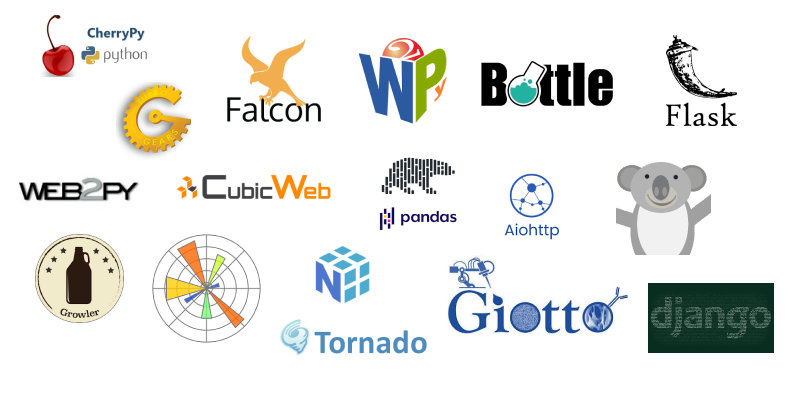
When you start a new web project with Python, choosing the right library or framework shapes how you build, maintain, and extend the application.
Should you pick a full-featured framework, a simple micro-framework, or one aimed at performance under high load?
This post helps you decide by comparing a number of popular libraries, showing where each shines, where it lags, and when it’s the best fit.
You’ll learn:
- How to evaluate web frameworks & libraries based on project needs
- What trade-offs matter (speed, community support, learning curve, extension ecosystem)
- Specific examples of libraries, with strengths & weaknesses
- Actionable advice: which library to pick depending on your project type
What to look for in a web library
Before we examine specific libraries, let's define criteria that truly matter when choosing one:
- Request handling / routing: How the library maps URLs to logic, handles HTTP verbs, and manages parameters.
- Template rendering / view layer: Whether the library gives built-in templating or you need to add one.
- Database / ORM support: Whether you want built-in databases or prefer to plug in your choice (SQL, NoSQL).
- Asynchronous / concurrency behaviour: If your app needs to deal with many simultaneous connections or asynchronous I/O.
- Ecosystem & plugins / extensions: Available libraries for authentication, caching, validation, etc.
- Documentation & community size: How easy it is to get help, find examples, and maintain code long-term.
Python libraries for web development
Django
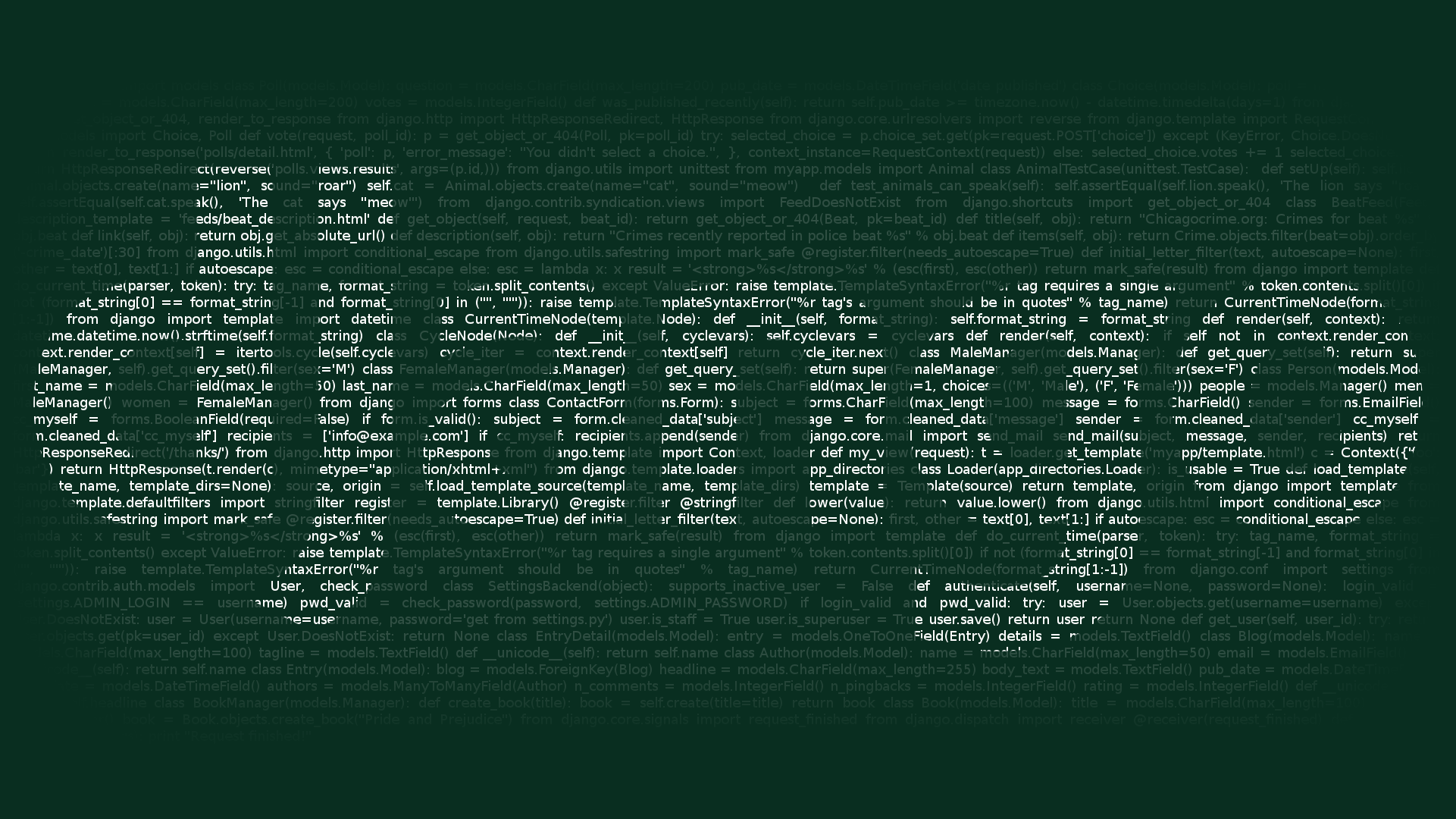
Core features & fit
- Django follows a “batteries-included” philosophy, offering a built-in ORM, authentication, URL routing, admin interface, and templating engine.
- It boasts a large and active community.
When it works well
- Ideal for projects that require many built-in features, a strong structure, and scalable functionality.
- Perfect for data-driven websites, dashboards, or full-stack applications combining backend and frontend.
When it may be harder
- Django can feel heavy if your project only needs a few endpoints or APIs.
- It may introduce unnecessary overhead for lightweight microservices
TurboGears

Core features & fit
- A full-stack framework supporting MVC and integration with ORMs like SQLAlchemy.
- More opinionated than micro-frameworks but still flexible.
When it works well
- Useful if you want more structure than Flask but less rigidity than Django.
- Good for projects needing templates, built-in plumbing, and some flexibility.
When it may be harder
- Smaller community and fewer plugins than Django or Flask.
- Documentation may have gaps.
Hug

Core features & fit
- API-focused framework emphasizing Python typing and minimal syntax for endpoint creation.
When it works well
- Perfect for API-first applications, microservices, and smaller services needing quick endpoint development.
When it may be harder
- Smaller developer base and limited UI/template tooling. May need extra packages for features beyond HTTP endpoints.
Pyramid

Core features & fit
- Starts lean and extendable. Offers flexible routing, multiple templating engine options, and a choice of ORMs.
When it works well
- Ideal for lightweight projects that may grow, or enterprises needing custom architectures with varying module sizes.
When it may be harder
- Requires more upfront configuration and boilerplate compared to Django. Less “ready out of the box.”
Tornado

Core features & fit
- Designed for handling many concurrent connections. Supports non-blocking I/O, making it well-suited for real-time applications.
When it works well
- Excellent for real-time dashboards, streaming services, long polling, or WebSocket-heavy applications where concurrency matters.
When it may be harder
- Async programming has a steeper learning curve. Offers less prebuilt UI or administrative tooling.
NumPy/Pandas/Matplotlib

Core features & fit
- Libraries for data processing, analysis, and visualization.
- They integrate well with web apps, especially for dashboards or model-serving.
When it works well
- Use when your application requires data manipulation or visual display, such as compute pipelines, dashboards, or plotting.
When it may be harder
- Heavy memory usage for large datasets.
- Not suitable as primary web routing/view tools.
- Security and latency concerns when exposing via web endpoints.
Flask

Core features & fit
- Flask is a minimal framework, allowing you to select which components to use, such as ORM, templating, and validation. Clear routing is provided via decorators.
When it works well
- Great for APIs, MVPs, and services with limited UI needs.
- Works well if you want fine control over components and prefer simplicity.
When it may be harder
- Requires assembling and managing dependencies yourself.
- There’s a risk of fragmentation due to plugin choices and less structure compared to full-stack frameworks.
Web2py
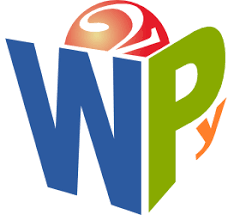
Core features & fit
- Full-stack framework with an integrated web IDE and built-in database abstraction. Easy to set up.
When it works well
- Great for fast prototyping, educational projects, or when you want minimal configuration.
When it may be harder
- Smaller ecosystem and fewer resources/examples compared to mainstream frameworks.
Bottle
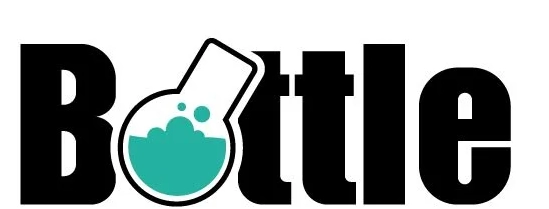
Core features & fit
- Object-oriented framework + integrated HTTP server. URLs are handled via Python classes/methods.
When it works well
- Good for small to medium services, embedded HTTP use, or APIs where you want clear routing logic.
When it may be harder
- Smaller community, fewer modern extensions, and less guidance for large applications.
CherryPy
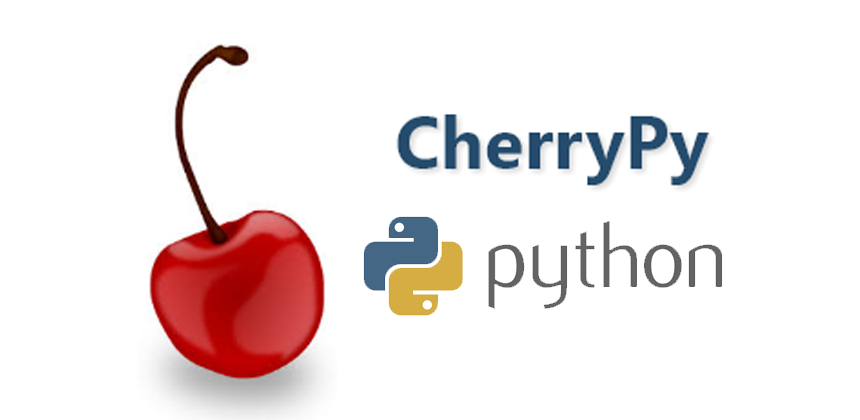
Core features & fit
- Object-oriented framework + integrated HTTP server. URLs are handled via Python classes/methods.
When it works well
- Good for small to medium services, embedded HTTP use, or APIs where you want clear routing logic.
Where it may be harder
- Smaller community, fewer modern extensions, and less guidance for large applications.
Falcon
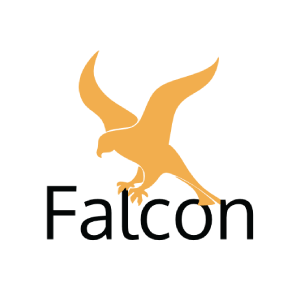
Core features & fit
- Minimal abstraction framework designed for fast, high-performance API endpoints.
When it works well
- Best for low-latency APIs or services that need to respond quickly without extra overhead.
When it may be harder
- Limited UI support and fewer built-in features, requiring more manual development or integration.
AIOHTTP
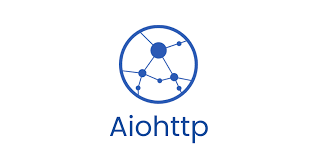
Core features & fit
- Async HTTP framework supporting standard HTTP methods and WebSockets. Works with Python’s asyncio.
When it works well
- Perfect for apps that rely on asynchronous IO, such as streaming services, WebSockets, or highly concurrent applications.
When it may be harder
- Async code can be tricky to debug.
- Some ecosystem tools assume synchronous code, which may cause integration challenges.
CubicWeb

Core features & fit
- Niche or domain-specific libraries, each offering unique patterns or features. Communities are smaller.
When it works well
- Useful for specialized projects that match the library’s design.
- Good for research, exploration, or experimental work.
When it may be harder
- Limited documentation, smaller community support, and fewer general-purpose plugins.
Matching library to project type
Here is guidance for typical web/data engineering / ML-adjacent project types, and which libraries are likely to serve you best.
Practical to-dos for smooth development
- Start with a clear project structure, even if using microframeworks.
- Define where views, models (or data processing), and templates live.
- Use environment-specific configuration so production/dev differ (in logging, performance settings).
- Monitor where response times lag, which endpoints use lots of CPU/memory. Cache wisely: template fragments, repeated database queries, static assets.
- Minimize dependencies: avoid pulling in large libraries you only use a little.
- Secure defaults: pay attention to input validation, CSRF, and XSS. Libraries with smaller ecosystems may leave more to you.
- Version and update dependencies regularly; monitor security vulnerabilities
FAQs
